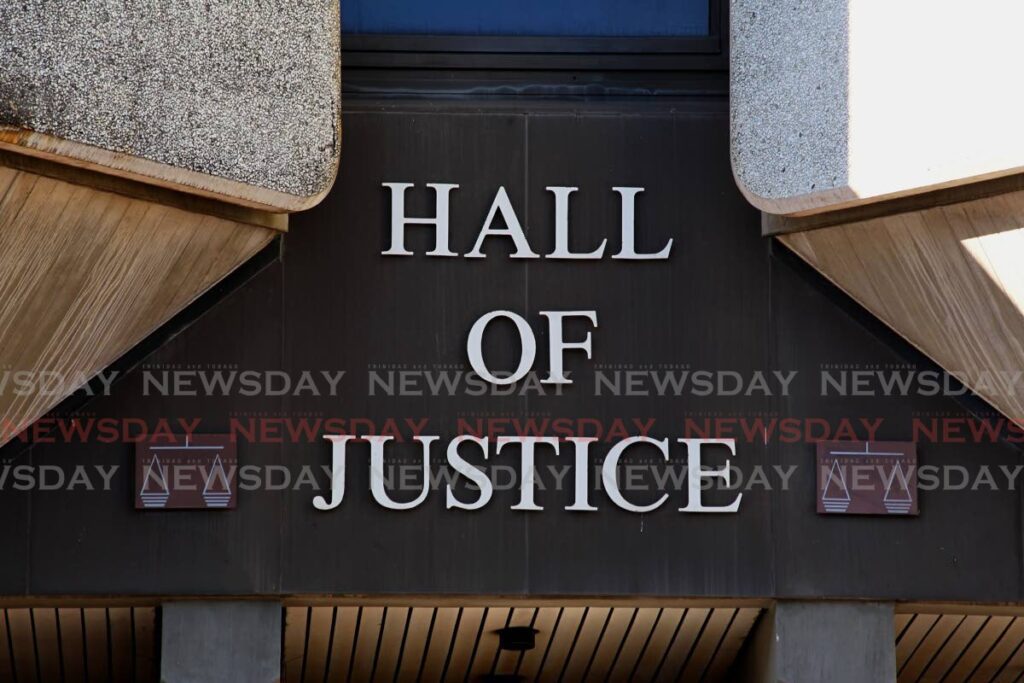Your legal rights while voting in Trinidad and Tobago

CITIZENS of Trinidad and Tobago will be heading to the polls on April 28 to cast their vote, after a snap election was announced on March 18 by newly-appointed Prime Minister Stuart Young.
The Constitution and Representation of the People Act outline a number of legal rights for citizens during elections.
Newsday has summarised six fundamental rights for voters to allow free and fair participation while heading to the polls to choose TT’s new members of the House of Representatives, with the party with the majority of seats becoming the new government. Any violations of a voter's rights should be reported to the Elections and Boundaries Commission (EBC).
Right to vote
Every citizen, aged 18 years and above, has a constitutional right to vote in the general election. All eligible citizens must be registered on the voters' list and have resided in an electoral constituency for at least two months prior to the qualifying date.
Persons 18 years and above, who are citizens of the Commonwealth but not citizens of TT, are also eligible to vote once they have been a resident of TT for at least one year and have resided in the relevant constituency at least two months before the qualifying date.
Representation of the People Act, Section 12(1), p. 19; Constitution, Section 51, p. 51
Right to time off to vote
All employers are required to allow employees time off on election day to vote. It is illegal for an employer to deduct pay or otherwise penalise an employee for exercising this right. Employees are entitled to two hours off during the workday to vote, excluding their regular lunch break hour.
Representation of the People Act, Section 36(2), p. 32; Part 3, Section 28, p. 165
Right to privacy and freedom of choice while voting
Voters have the right to privacy when casting their ballots. It is illegal for anyone to interfere with, intimidate, or coerce a voter into disclosing their choice of representative or political party.
On election day, no person may attempt to influence an elector’s vote or dissuade them from voting within 100 yards of a polling station during polling hours.
Representation of the People Act, Section 64(3), p. 50; Section 91(1), p. 62
Right to equal access to voting
Disabled people have the right to register to vote and reasonable accommodation must be provided to facilitate their participation. People unable to sign their name may use a thumbprint or another fingerprint in place of a signature. They may authorise a relative or friend to sign on their behalf in the presence of the Assistant Registration Officer or the Authorised Registering Officer.
Representation of the People Act, Section 15, p. 107
Voters who have a physical impairment are allowed to use a voting template provided at the polling station. They may also enlist the assistance of companion of their choosing to cast their ballot on their behalf.
Representation of the People Act, Section 48, p. 178
Rights of special voters
Certain individuals classed as special voters may be granted accommodations to vote before the official election day. This category includes those in public service including police, members of the defence force, members of the prison service; those unable to attend polling stations on election day due to being hospitalised; inmates; members of flight crews; persons working offshore; among others. To determine if you fall into the special voter category, consult the EBC website at ww.ebctt.com.
Representation of the People Act, Section 59, p. 184
Right to cast your vote after polls close
Voters who are still in line at their polling station at the official poll closing time of 6 pm will be allowed to vote. Election officers are required to keep the polling station open for all eligible voters who were present before 6 pm.
Representation of the People Act, Section 27(2), p. 165
For detailed information of your voting rights, consult the Constitution, the Representation of the People Act and the EBC.

Comments
"Your legal rights while voting in Trinidad and Tobago"